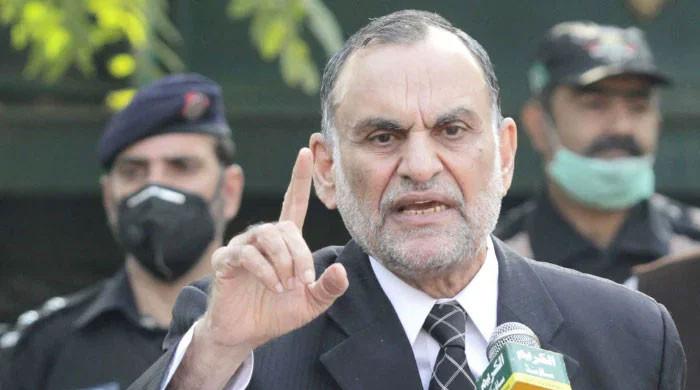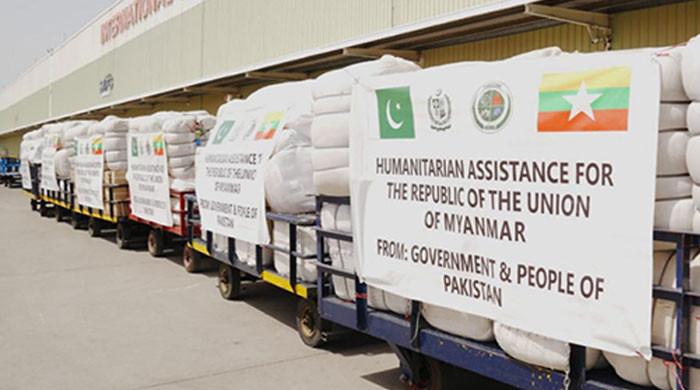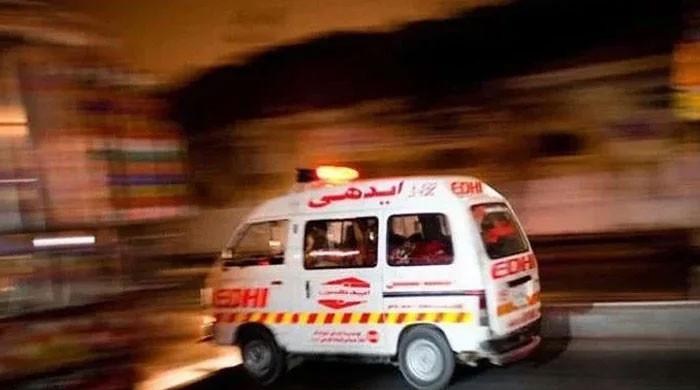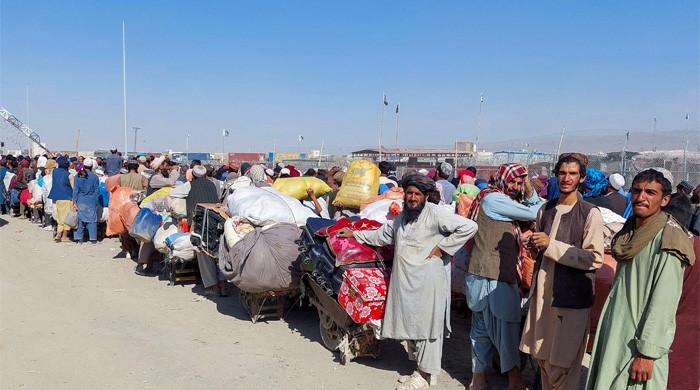Balochistan is unprepared for the worst of COVID-19
As of March 30, there are 144 cases of the virus in the province, which is Pakistan’s poorest and most under-developed
March 30, 2020
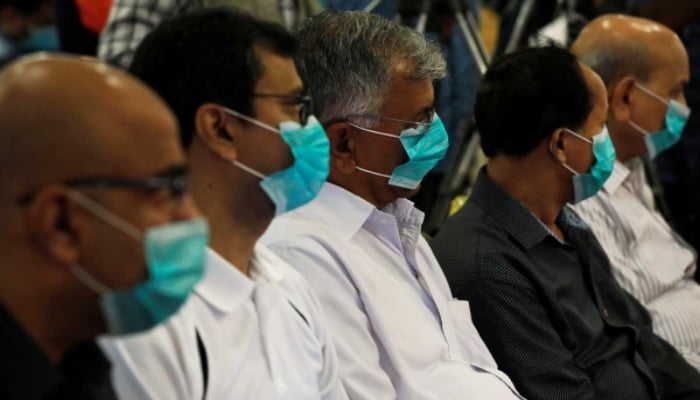
Panic is setting in, as the number of coronavirus cases spike in Balochistan and the provincial government comes under heavy criticism for its handling of the pilgrims returning from Iran.
As of March 30, there are 144 cases of the virus in the province, which is Pakistan’s poorest and most under-developed.
For now, Balochistan has imposed a three-week “partial” lockdown to contain the spread of the infection. But the measure seems to be more of an afterthought - once the rest of the country shut down - rather than a preemptive decision.
The province has been in the international headlines a lot lately for how it bungled up the screening and testing of thousands of pilgrims, many of whom later tested positive.
Addressing a press conference on Sunday, Dr Zafar Mirza, the minister of state for health, announced that of the 1,527 confirmed patients of coronavirus, 58 per cent (around 857) had recently traveled to neighboring Iran. Further compounding the issue, a report in Arab News Pakistan revealed that over a hundred pilgrims have crossed into Balochistan from Iran, despite the closure of the Taftan border.
Read more: PM Imran's greatest fears about impact of coronavirus epidemic on poor may turn true
“The Balochistan government’s indecisive approach and the arrangements at Taftan had led to the spread of infections within the country,” Malik Sikandar Khan, the leader of the opposition in the provincial assembly, told Geo.tv over the phone.
A senior medical expert, who spoke to Geo.tv on the condition of anonymity, agreed.
“Had the government restricted movement from Iran, the number of cases in Pakistan would have been drastically less.”
Balochistan reported its first case of COVID-19 on March 10. Over the next few weeks, the cases multiplied to cross the 100. While, a death has also been recorded in the province.
The province’s health infrastructure is woefully underfunded and unprepared for the eventual flood of COVID-19 patients. Balochistan’s most populous city and its capital, Quetta, has less than 30 ventilators and 12 intensive care units (ICU) to cater to its one million plus population.
Kalat in the Gwadar area of the province has zero ventilators and perhaps only a few specialists who know what to do when the respiratory distress syndrome strikes.
For several years now, the people of the province have been traveling to Karachi or Lahore to avail medical facilities, due to lack of trust in the medical infrastructure of their own province. According to the Pakistan Bureau of Statistic’s 2018 report, there are only 132 public hospitals in the province.
Simply put, Balochistan is unprepared for the worst, which could be yet to come. If it wants to fight the looming storm of the pandemic, it will need more resources and manpower both in the major cities and on its border.
And hopefully, when this crisis is over, it would need to seriously think about a uplift of its healthcare system.





